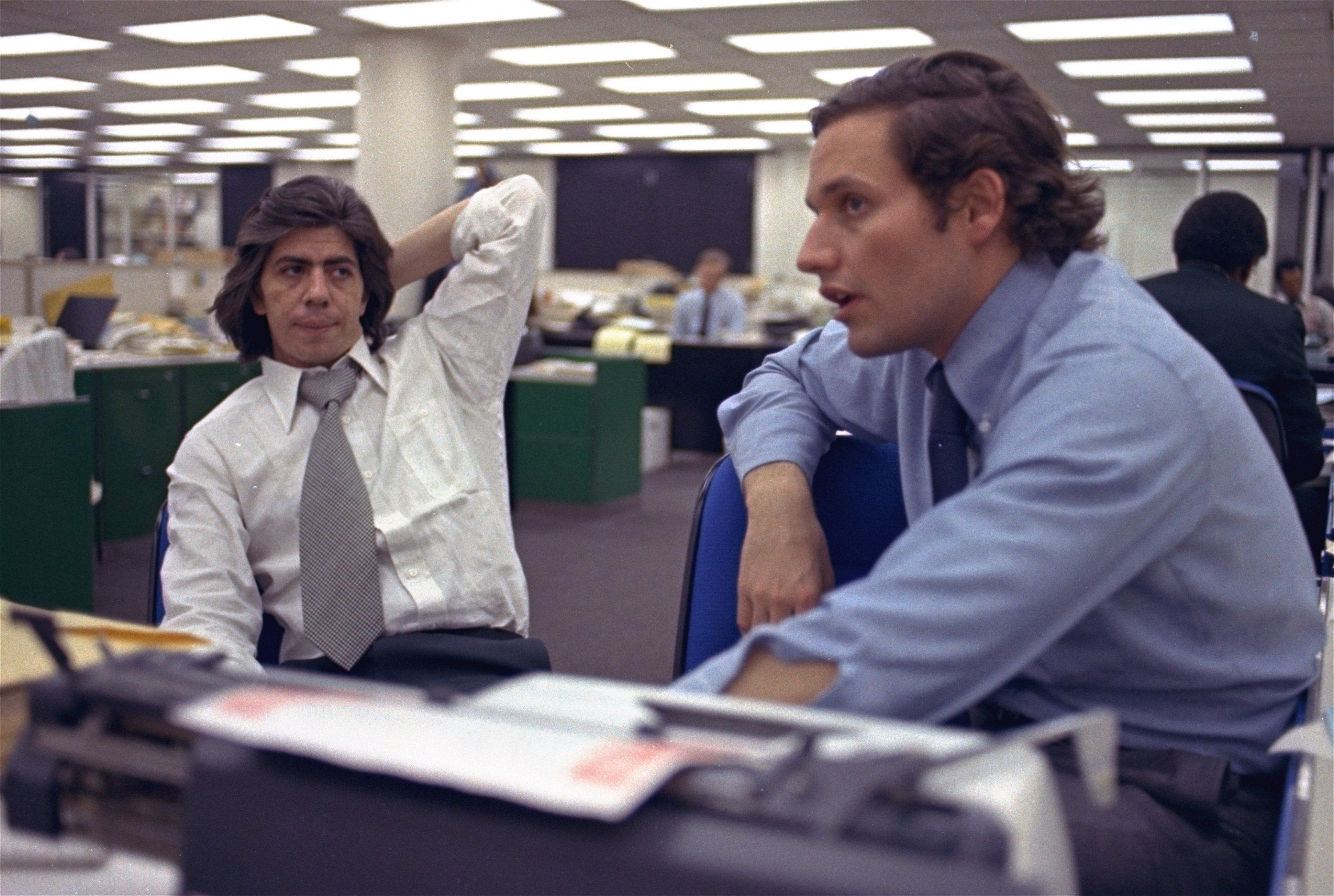Fifty years after Watergate, how a security guard’s crucial role was ignored
As the threat to America’s democracy rises again his central part will never be diminished, writes David Harding


Friday marks the 50th anniversary of the best-known scandal in western politics. Watergate, an event that changed the course of American history, took place on 17 June 1972, and is now half a century old.
It is a tale well told; how it led to the fall of President Nixon, the disastrous cover-up, the tapes, how Watergate became a high point in journalism, Deep Throat, the introduction of names such as Hunt, Liddy and Magruder into the political lexicon, and a film full of 1970s feather cuts, flares and dialogue starring Robert Redford and Dustin Hoffman. Watergate even gave its name to every subsequent scandal since, see Partygate.
One name that might not be so familiar, though, is Frank Wills. Which is a shame because without Wills the scandal may never have been exposed and you have to wonder why that might be.
Wills, an African-American raised by a single mother, was the security guard at the Watergate building in Washington, where the Democratic National Committee (DNC) HQ was located. Just 24 years old and on $80 a week, Wills was working that weekend – the break-in took place on a Saturday – and had only been on shift for about an hour when he noticed tape covering the door locks. He phoned the police and, when officers arrived, searched the premises.
When they got to the DNC HQ, Wills was there when five burglars were discovered. One was James McCord, a man who would later become President Nixon’s head of security. Wills was the man who changed history but his story after Watergate was not one with a happy ending. He appeared in All The President’s Men as himself, received an award from the DNC and a $2.50 week raise.
However, Wills was overlooked for promotion, which makes you wonder what the person who beat him did, and left his job at Watergate amid claims of racial discrimination. Unable to secure long-term work, he ended up moving back to his home state of Georgia to look after his mother when she suffered a stroke.
Wills even ended up serving a year in prison after stealing a pair of $12 trainers. He died of a brain tumour at the age of 52 in poverty, claiming he had never received anything for his role in Watergate. But as the threat to America’s democracy rises again, his central part will never be diminished.
As one US politician said when voting for Nixon’s impeachment: “If there is no accountability, another president will feel free to do as he chooses. But the next time, there may be no watchman in the night.”
Yours,
David Harding
International editor
Join our commenting forum
Join thought-provoking conversations, follow other Independent readers and see their replies
Comments
Bookmark popover
Removed from bookmarks